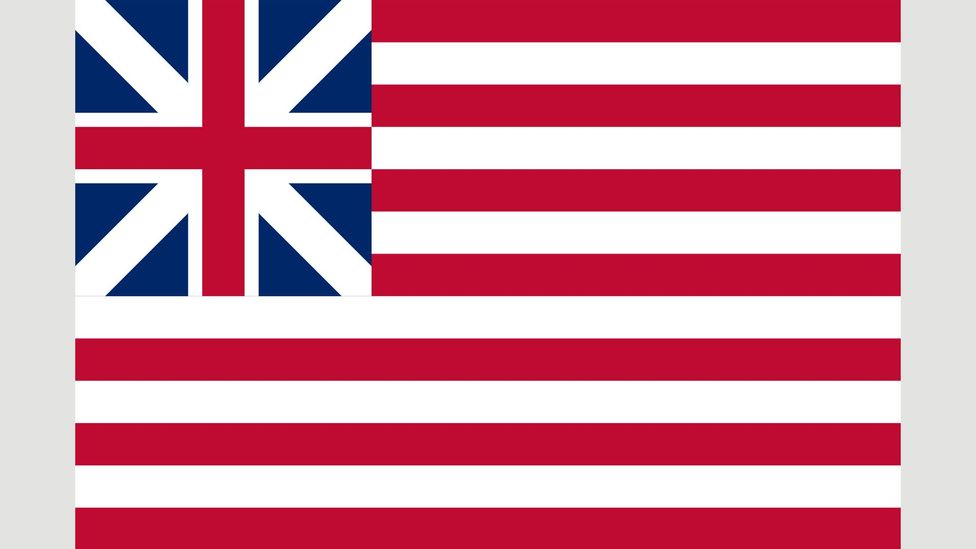WI: US stays part of Britain. What does the government of the 13 colonies look like in the future?
Sept 7, 2020 2:36:06 GMT
Post by EwellHolmes on Sept 7, 2020 2:36:06 GMT
I think you are. Your entire argument is based on the suggestion that the British, because of the influence of the no longer existing RAC prevented the colonists blocking slave imports, despite the fact that slaves could only be imported if there was a demand for them. Then you mention how greatly imports of slaves increased in the 30 years after the US became independent and the UK no longer had any influence over the issue. Its noted that for most of this time the trade was still legal and that even afterwards many in the US government and individual states still turned a blind eye to it.
I believe the source could be flawed simply because of the simple factual error mentioned. If the author doesn't even know that the RAC no longer existed then it suggests a flaw in research at least.
With regards to the dynamics at play, I just don't see any. New England won't become Anti-Slavery as long as the Slave trade is active, given they provide the ships and sailors for such while New Jersey and New York will benefit immensely given how profitable slavery was there. Whether we accept the idea the Indians are going to be less genocided or not is pretty irrelevant, as long as the White population is behind it; by 1840, the U.S. IOTL was already at a rough parity with the UK. All financial, political and military levers of power will be firmly ensconced in their hands. This is, again, to concede to the idea the Indians will be better off in a BNA; judging by Canada, that's a no and ignores that IOTL how much slavery proliferated among the "Five Tribes". There is a reason, after all, they largely sided with the Confederates historically.
The Indians were clearly better treated in Canada than the US with far less slaughter and deportation. This may be in part because of the lower settler population in the north and the fact with an aggressive US to the south internal disputes were best avoided. This could be different in TTL but as I've said repeatedly it would be a matter of degree. Both in the Canadian provinces and the southern OTL US there are going to be a lot of white settlers moving west but its likely to be a bit more restricted than OTL.
As for the last section, I fully understand what's going on, I'm just saying it's not a valid argument. Why would the Free Soilers side with the British who are limiting movement into the West? Either Britain will have to sacrifice the Indians or Britain will see a totally united White populace against it, for reasons pertaining to both Slavery and Western Expansion. This is, again, to concede to the idea of a large Free Soil movement. If all but Pennsylvania and New England are "Slave States", where exactly are they to come from? It's worth noting at this juncture both New York City and New Jersey IOTL considered seceding from the U.S. and joining the Confederacy given their business ties to the South; here, this would be even stronger given New Jersey, New York, and the Midwest are all already Slave territories with regards to the aforementioned Pennsylvania and New England.
Why would Free Soilers side with the people who threaten them most? I.e. the plantation owners pushing the expansion of slavery everywhere. They will come from where they came from OT, i.e. people who felt threatened by slavery. Your arguing that the obsession with importing slaves in the colonies will mean they become overwhelmingly dominated by slave owners which seems less likely than OTL in a world where Britain still has direct influence on the colonies and is moving against both the trade and the institution of slavery.
I have read in the past that the state with the most slaves when the revolution started was in New York but the prominence fairly quickly faded and along with other northern states there was increasing opposition to slavery because of the economic threat to the free white setters. Why this wouldn't occur TTL I don't know. If there is somewhat less land for settlement opened in the west this is likely to intensify the tension between slavers and free soilers.
As I understand it the mayor of New York suggested the city secede from the Union in 1863 because of the citizens hostility to the recent introduction of conscription, which caused some pretty nasty riots as a result. In the midst of a war that was increasingly unpopular to many at that stage. Not heard of any such move in New Jersey but its not a field I'm an expert on.
Again, it's not and that ignores the existence of smuggling and other, more recent features of American politics; Prohibition occurred, and yet we had alcohol smuggling. Just because political authorities ban something does not mean the demand for it goes away. Specifically with regards to the dynamics at play, the RAC may have went defunct but at the time of the attempted bans by South Carolina, it was still around then and, as you note, had a successor then in operation.
With regards to New England, this is again to miss the point; New England didn't become Anti Slave in spite of its large population of sailors and merchants, but because there trade and thus livelihoods were artificially destroyed by the Constitutional provision ending the Slave Trade in 1807; it's only after this point New England turns against slavery as they no longer have a direct economic incentive into such.
As for the Indians, it really wasn't any better in Canada; they still got slaughtered and, ultimately, confined. Nothing changes there, but assuming it does, by limiting Western settlement, you've introduced another grievance upon which for BNA to unite around. "Joe" in New England may hate Slavery, but he'll have no love lost for London which is preventing him from settling in Michigan to farm. London may want to protect the Natives, but that does absolutely nothing about North American racial attitudes given they have to live and work under such constraints.
As for the Free Soilers, why would they not side with the Slave holders? The Slave holders may covet the same land but the British won't let them settle it at all, and for some Indians no less; they also would be terrified by the prospect of the British ending slavery and thus allowing large numbers of freedman to move and settle in the North. It's important to recall that the Free Soil movement was not Anti-Slavery; in fact, they were completely against ending it as an institution, but instead were opposed to its expansion in the territories. Here, the British are not letting them settle and threaten to upset the racial order in the BNA; they have absolute no reason whatsoever to side with the British who are offering them nothing and threatening to make their situation worse, both in economic terms by increased labor competition but also in terms of racial concerns.
New York City wanted to secede in 1861 and New Jersey was likewise. Here in the ATL, upstate New York is a major center of slavery and New Jersey is likewise; even if you take the position it's not, it's entirely economically dependent on Slave states for its markets.






 (Dominion of Columbia)
(Dominion of Columbia) (Flag of Louisiana)
(Flag of Louisiana)
 (Texan Flag, one star for each state)
(Texan Flag, one star for each state) (Dominion of North America flag, but with 12 stripes, not 13)
(Dominion of North America flag, but with 12 stripes, not 13)